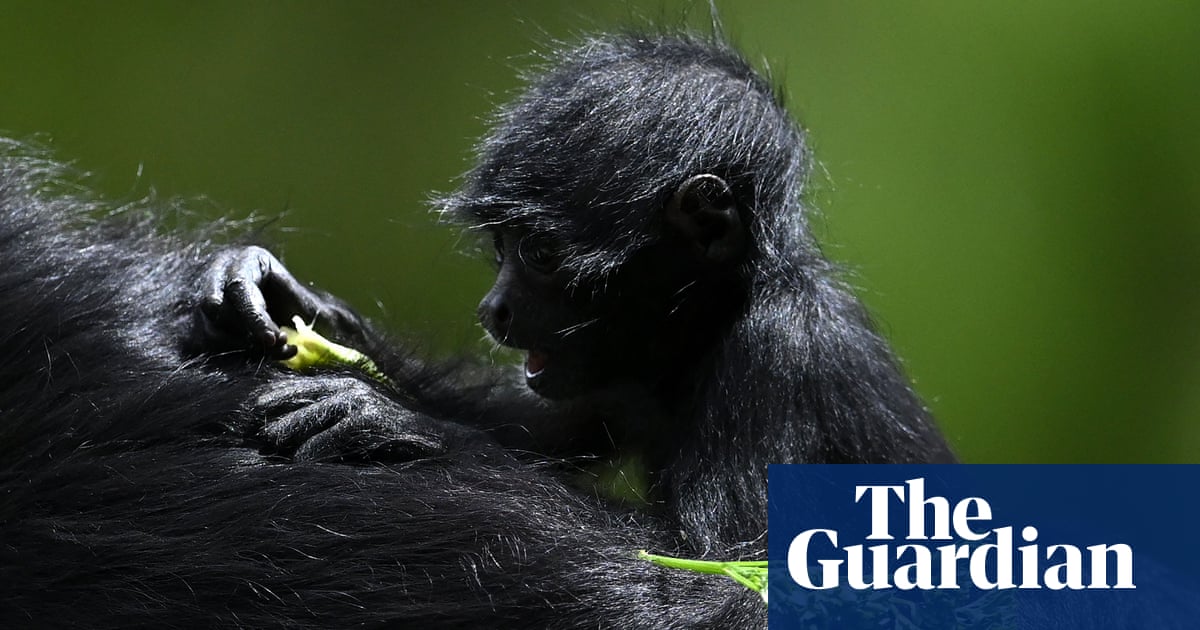
Turkey’s new law on social media has raised concerns about a possible further crackdown on dissenting voices, while President Recep Tayyip Erdogan’s government says it is necessary to increase local accountability of foreign platforms.
Regulation
After an overnight debate, the nine-article bill was passed early Wednesday just before parliament closed until October. The law covers social media companies with more than one million daily users in Turkey, such as Twitter, Facebook and YouTube.
The “Law on the Arrangement of Internet Publication and Combating Crimes Committed Through These Publication”, prepared by Erdogan’s ruling AK Party (AKP) and nationalist allies, requires platforms to have local representatives among other obligations.
Companies that fail to comply face steep fines, bandwidth reduction and advertising bans. Platforms must also store user data in Turkey, which critics worry could expose the data to Turkish authorities and the judiciary.
Companies’ local representatives must respond within 48 hours to complaints about posts that violate personal and privacy rights. The new law gives the government the ability to remove content from the platforms rather than only block access.
Motivation
The AKP rejects claims the law will lead to censorship and says it aims to protect personal rights and data.
Earlier this month, Erdogan was angered by tweets mocking his son-in-law and daughter and said the “immoral (social media) platforms” would be “completely banned or controlled”.
Last week, AKP legislator chair Ozlem Zengin said the bill aimed to balance freedoms and obligations. “Our first priority is never the closure of social media providers. We aim to end insults, bad language and harassment on social media,” she said.
Background
Some 90% of mainstream media has come under direct or indirect government control in the last decade, leading Turks to turn to social media for critical voices and independent news.
Still, users are frequently tried for insulting Erdogan or his ministers, and for criticism of Ankara’s cross-border military operations and its handling of the coronavirus pandemic.
Mehmet Gun, founder of the Better Justice Association, said Turkey had blocked access to 408,494 websites, 130,000 URLs, 7,000 Twitter accounts and 10,000 YouTube videos as well as other content in the last several years.
Ankara has also in the past temporarily blocked access to Twitter, YouTube and Wikipedia.
Reaction
Groups including Human Rights Watch, Amnesty International and Reporters Without Borders campaigned against the law on the grounds it would lead to censorship and silence dissent. Here is some reaction:
Scott Griffen, deputy director of the International Press Institute: “This law brings the Turkish censorship regime into the social media space. It is a serious blow to free expression online, and will only lead to further persecution of journalists and other independent voices in Turkey.”
Yaman Akdeniz, law professor and cyber rights expert at Istanbul Bilgi University: “Turkey has become a hostile place for network development because democratic principles and institutions are not functioning. The judiciary is not independent and there is no due process.”
Wolfango Piccoli, analyst at Teneo Securities: “The law will enable the government to control social media, to have content removed at will, and to arbitrarily target individual users.”












